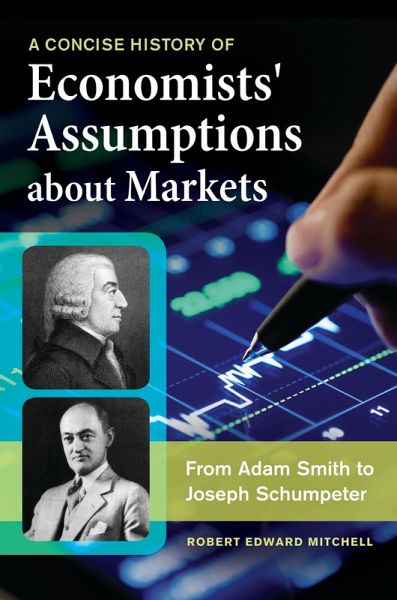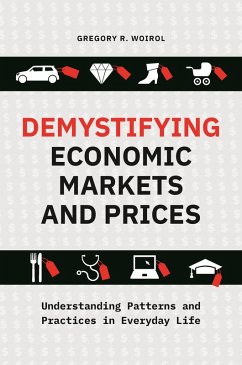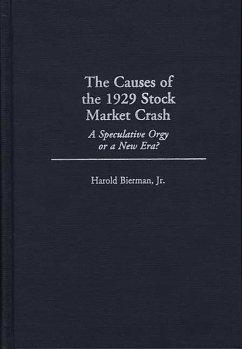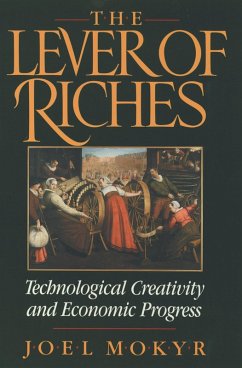
A Concise History of Economists' Assumptions about Markets (eBook, PDF)
From Adam Smith to Joseph Schumpeter
Versandkostenfrei!
Sofort per Download lieferbar
34,95 €
inkl. MwSt.
Weitere Ausgaben:

PAYBACK Punkte
17 °P sammeln!
This open-minded, multidisciplinary approach challenges existing world views on the endogenous and exogenous forces that drive markets and economies. Nine narrative chapters and a conclusion provide an accessible history of key premises and assumptions in the mental models proposed by several major economists since the 1776 publication of Adam Smith's The Wealth of Nations and show how-and why-those models and their underlying assumptions have changed over time. The book addresses the legacies of major economists, describes their historical and analytical influence, documents the interaction a...
This open-minded, multidisciplinary approach challenges existing world views on the endogenous and exogenous forces that drive markets and economies. Nine narrative chapters and a conclusion provide an accessible history of key premises and assumptions in the mental models proposed by several major economists since the 1776 publication of Adam Smith's The Wealth of Nations and show how-and why-those models and their underlying assumptions have changed over time. The book addresses the legacies of major economists, describes their historical and analytical influence, documents the interaction among various schools of thought as well as how they differ, and the implications that this history has for economics and the policy sciences in the decades ahead. The author focuses on the mental maps economists have created in an attempt to understand the forces that destroyed "order," explaining how these maps incorporate a non-mathematical presentation of evolving dictionaries, novel analytical perspectives, new evidence, and a reliance on value assumptions. He traces the underlying assumptions, continuities, and differences among major economists including Adam Smith, Thomas Malthus, David Ricardo, Alfred Marshall, John Maynard Keynes, Karl Marx, Thorstein Veblen, and Joseph Schumpeter. Readers will grasp how the classic theories still influence economists' mental models today and come away with a basic economic literacy that puts this important social science in historical context. This is essential reading for all the social and policy sciences.













